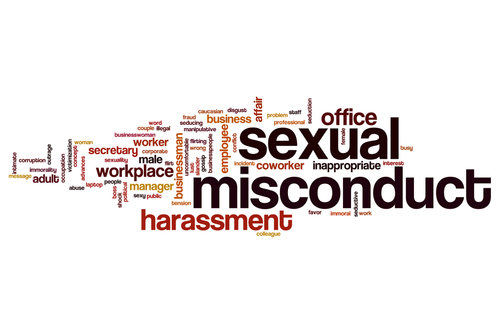


A Key to Helping Clients Make Better Decisions During Crisis
From Wikipedia: A crisis (from the Greek κρίσις – krisis; plural: “crises”; adjectival form: “critical”) is any event that is going (or is expected) to lead to an unstable and dangerous situation unstable and dangerous situation affecting an individual, group, community, or whole society. Crises are deemed to be negative changes in the security, economic, political, societal, or environmental affairs, especially when they occur abruptly, with little or no warning. More loosely, it is a term meaning “a testing time” or an “emergency event.”
Crisis is often linked to the concept of psychological stress and used to suggest a frightening or fraught experience. In general, crisis is the situation of a “complex system” (family, economy, society. Note that simple systems do not enter crises. We can speak about a crisis of moral values, an economical or political crisis, but not a motor crisis) when the system functions poorly (the system still functions, but does not break down), an immediate decision is necessary to stop the further disintegration of the system, but the causes of the dysfunction are not immediately identified (the causes are so many, or unknown, that it is impossible to take a rational, informed decision to reverse the situation).
As we often tell audiences, attorneys are usually “first responders” when crises hit, quickly assuming a senior leadership role upon arrival on-scene. Setting aside the fact that technical mastery of the law (or accounting, Slack or ISO 9001, for that matter) is not necessarily the correct skill set needed to manage the crisis at that very moment, there is no doubt that crisis management requires a calm demeanor and the ability to manage one’s own emotional state.
Writing in Law360, Meredith Parfet and Aaron Solomon talk about the management of “crisis energy,” they state: When a business crisis hits, one of the first calls is usually to a lawyer. When that call comes, a lawyer needs to understand the emotional dynamic of a crisis and the particular energy it produces in order to fulfill their role as an adviser.
Crisis energy is particularly important to understand considering the growing second wave of coronavirus infections. Many individuals and institutions are already dealing with crises: home schooling, sick relatives, supply chain disruption, a rapidly changing regulatory environment and general uncertainty. A legal crisis that comes under these circumstances strikes when emotional reserves are at their lowest and institutional attention and bonds may already be stretched to the breaking point.
Lawyers cannot ignore crisis energy. Law professor Mark Aaronson observed that legal analysis “requires coming to grips with the complexity of real-life situations psychologically and sociologically as well as legally.”[1] Lawyers who fail to understand the full scope of their client’s situation may find that, as the comments to the American Bar Association‘s Model Rules of Professional Conduct caution, their “purely technical advice … can sometimes be inadequate.”[2]
You can read the rest here.